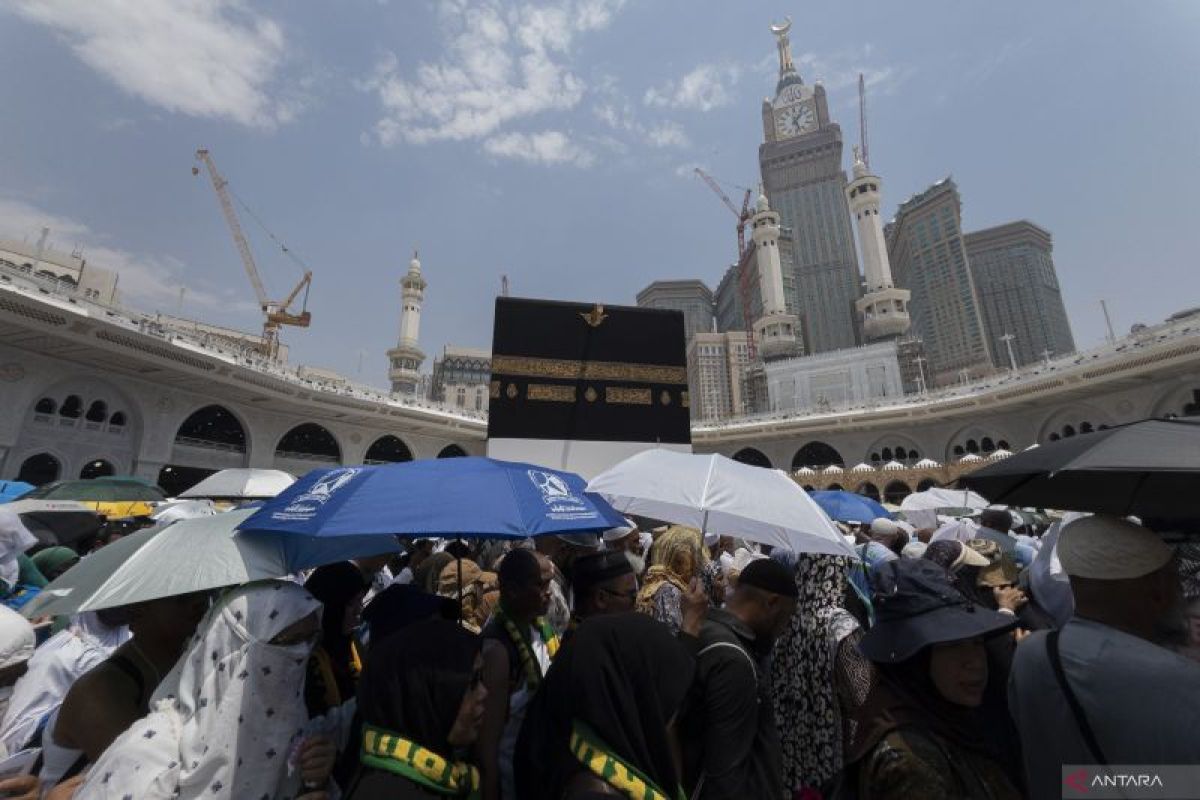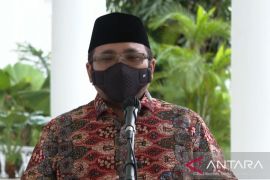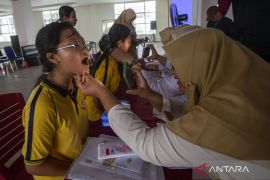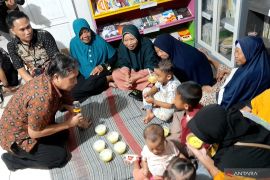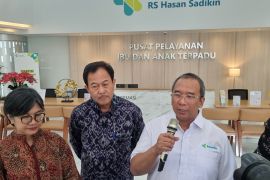He said in a statement on Monday that the achievement was attributed to the coordinated efforts between the health system and the Hajj security forces.
Any widespread epidemics or disease outbreaks were also not recorded due to these concerted efforts.
According to the statement, the Saudi health system had provided more than 465,000 specialized treatment services, including 141,000 services for those who did not have official permits to perform Hajj.
In a media interview, Al-Jalajel expressed reassurance over the overall health condition of the pilgrims despite the high temperatures recorded in the Holy Sites.
He highlighted the positive impact of the health authorities' swift response and the effective support of the Hajj security forces in managing and reducing the effects of heat stress.
The health system addressed numerous cases of heat stress this year, with some individuals still under care.
Regrettably, the number of mortalities reached 1,301, with 83 percent being unauthorized to perform Hajj and having walked long distances under direct sunlight without adequate shelter or comfort, according to the statement.
The deceased comprised several elderly and chronically ill individuals.
Al-Jalajel underscored the significant efforts made by competent authorities to raise awareness of the dangers of heat stress and the importance of preventive measures.
"May God forgive and have mercy on the deceased. Our heartfelt condolences go to their families. May God accept their deeds and grant them recompense for their suffering," he stated while extending his condolences.
He said that all reports have been compiled, families of the deceased notified, and identification completed, despite the initial lack of personal information or identification documents.
"Proper processes were followed for identification, burial, and honoring the deceased, with death certificates provided," he remarked.
Al-Jalajel also detailed that the provision of free health services to pilgrims commenced even before their arrival, with awareness programs at air, sea, and land border crossings.
Approximately 1.3 million preventive services were delivered, including early detection, vaccinations, and medical care upon arrival.
The healthcare services offered included open-heart surgeries, cardiac catheterization, dialysis, and emergency care, totaling over 30,000 ambulance services, with 95 air ambulance operations ensuring the delivery of advanced health services in medical cities across Saudi Arabia.
Additionally, the healthcare system made available nearly 6,500 beds and rooms. Measures to combat heat stress included the development of devices that enable rapid and effective rescue of affected individuals.
Related news: No misuse of Hajj additional quota, Minister Qoumas stresses
Related news: Hajj dorms prepared for returning Indonesian pilgrims
Reporter: Katriana
Editor: Anton Santoso
Copyright © ANTARA 2024
